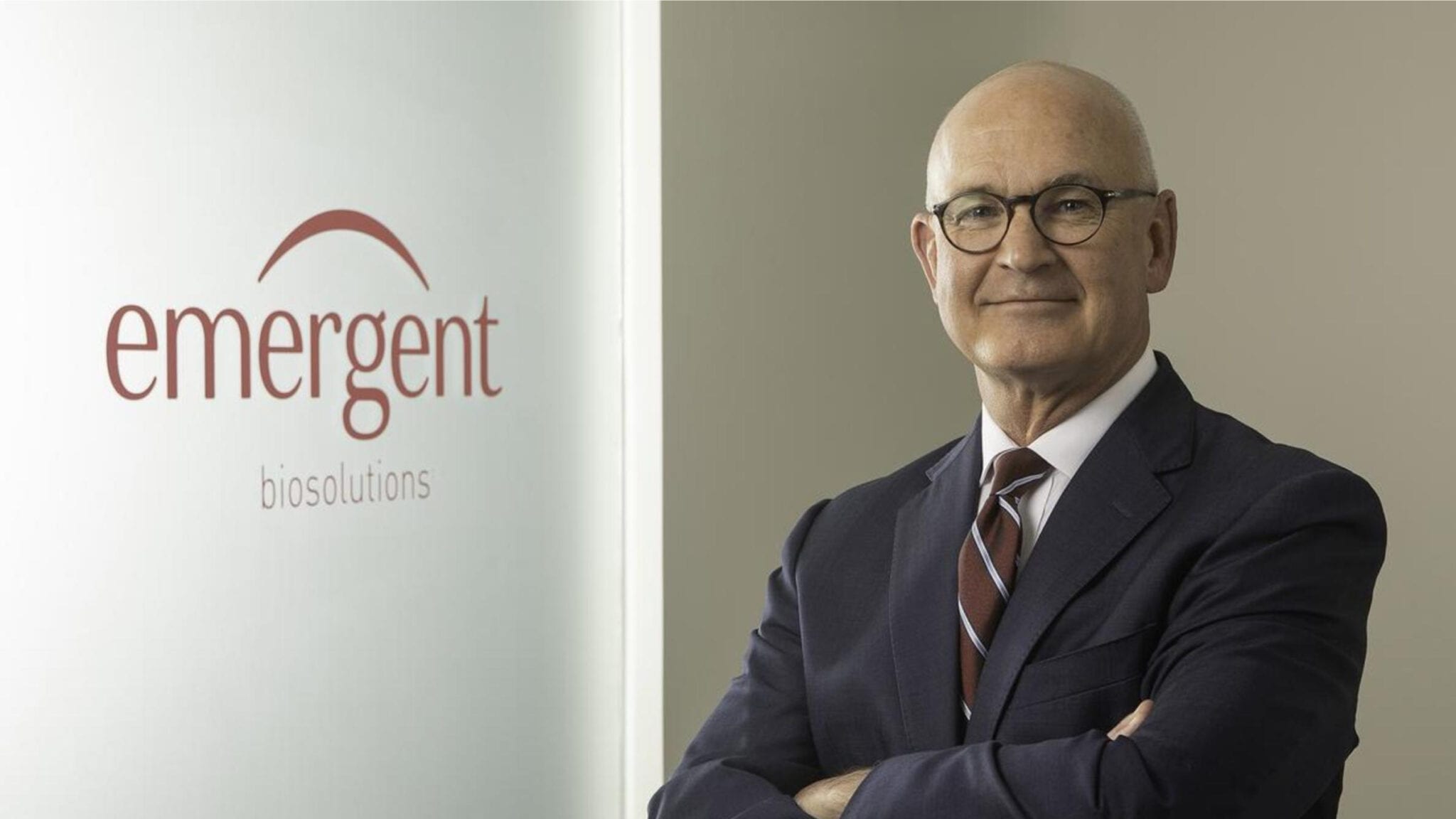
Bob Kramer, Emergent BioSolutions CEO
Emergent awarded $379M+ to supply the DOD with a skin decontamination lotion
Maryland-based manufacturer Emergent BioSolutions is kicking off the new year with a multimillion-dollar contract to supply a lotion used in case of chemical attacks. …
Sign up to read this article for free.
Get free access to a limited number of articles, plus choose newsletters to get straight to your inbox.